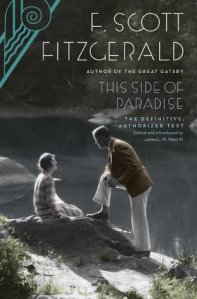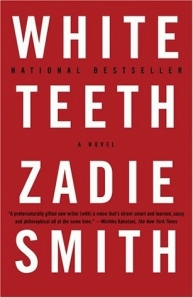At one prestigious American public school, the boys like to emphasise their democratic ideals – the only acknowledged snobbery is literary snobbery. Once a term, a big name from the literary world visits and a contest takes place. The boys have to submit a piece of writing and the winner receives a private audience with the visitor. But then it is announced that Hemingway, the boys’ hero, is coming to the school. The competition intensifies, and the morals the school and the boys pride themselves on – honour, loyalty and friendship – are crumbling under the strain. Only time will tell who will win and what it will cost them.
Review:
Rarely is literature so literary. To fully appreciate Tobias Wolff’s prep school bildungsroman Old School, you must have some degree of familiarity with Robert Frost, Ayn Rand, and Ernest Hemingway. But this moving and brilliantly written novel can also be appreciated—though only halfway appreciated, I’d argue—by someone who wiled away his English classes drawing spirals on his notebook, because its ideas are so universal. Here Wolff interrogates one of my favorite questions: Who are we? The story we tell the world about ourselves or the story the world tells about us?
Any teenager but especially any outcasted teenager such as this protagonist, a Seattle scholarship student in an East Coast prep school, spends nearly every minute of his life creating his life. Before attaining the halls of high school, a teen’s identity is created by his parents. Suddenly liberated around 13, 14, 15, a teenager decides for the first time who he will be. Oftentimes, Wolff astutely notes, the person he chooses is the wrong choice, which ironically only makes the teenager work harder and harder to embody this choice.
Old School’s plot revolves around a literary competition where renowned writers visit the boarding school campus for a reading and then share a private audience with a boy whose story he read and selected as “the best.” The collegial yet fierce relationships these boys share are strained with the visit of every new writer. And even though these boys’ attempts at not only creative expression but also self-creation may be farce and lie and fiction, you sorta see that by making up false stories, the boys find themselves moving closer to the truth. Kinda how like any bookworm, far from being holed up in escapist fantasies, is on the verge of something realer than most people will ever find.









